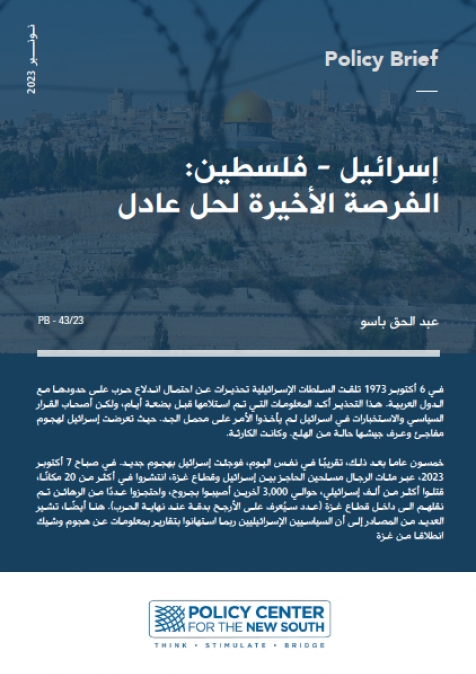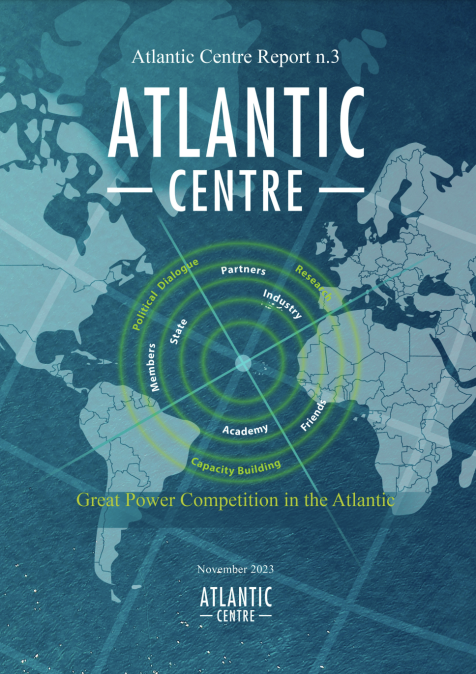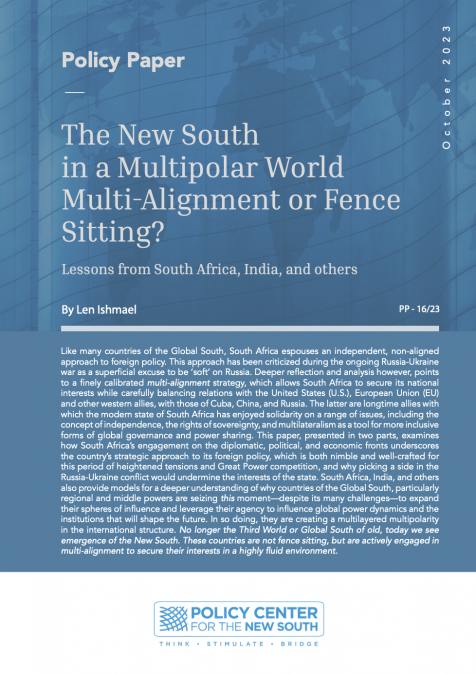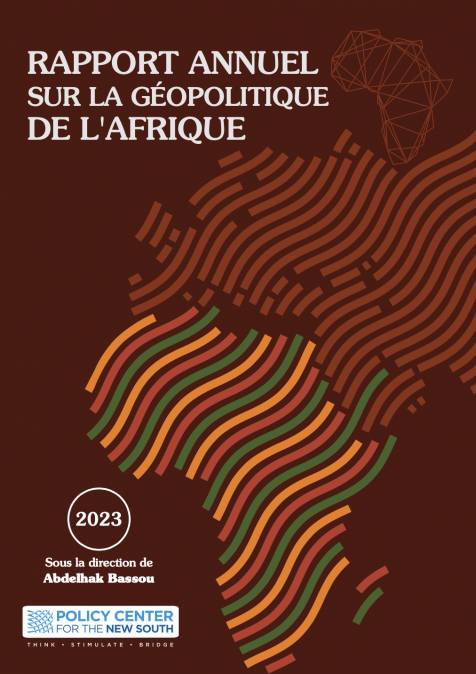Podcasts
India: One year of Modi
Related topics:
This podcast is performed by Nicolas de Pedro. Narendra Modi completes a year as head of the Indian government with his balance sheet in credit, but the prevailing mood is one of slight disappointment. The macroeconomic picture − lynchpin of Modi's victory − has substantially improved: India grew 7.5% in the first quarter of 2015 (displacing China as the world's fastest growing economy), with inflation falling from double-digits to below five percent; the rupee has stabilised; and deficits in both current accounts and fiscal terms are moving in the right direction and remain under control. But Modi is judged less in terms of these results than the enormous expectations raised during his electoral campaign. And the aspirational India that brought him to power, demanding, above all, prosperity, consumption, efficiency and transparency in public administration, has shown its dissatisfaction with the gradualist pace of change and the prudence shown in the government’s domestic policy. The achhe din, the "good days" Modi promised during the campaign, have yet to arrive. The country remains expectant given Modi’s promise and conviction that this is to be India's century.









